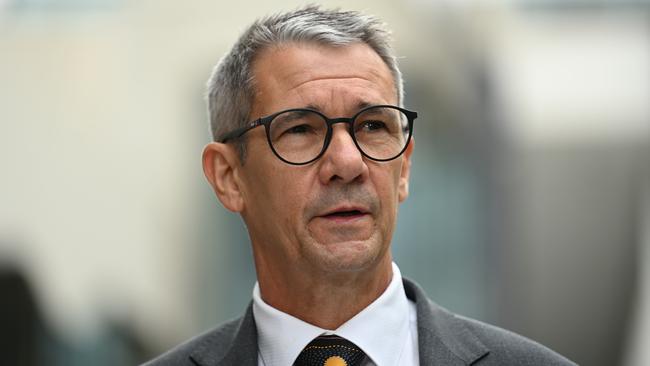
If valid, these very serious claims would destroy our trust in the proper administration of justice. Therefore, claims of this gravity must be supported by evidence.
Yet Shane Drumgold’s claims were not supported by evidence. They were so manifestly unmeritorious that Drumgold admitted last week he was mistaken about political interference in the investigation of Lehrmann.
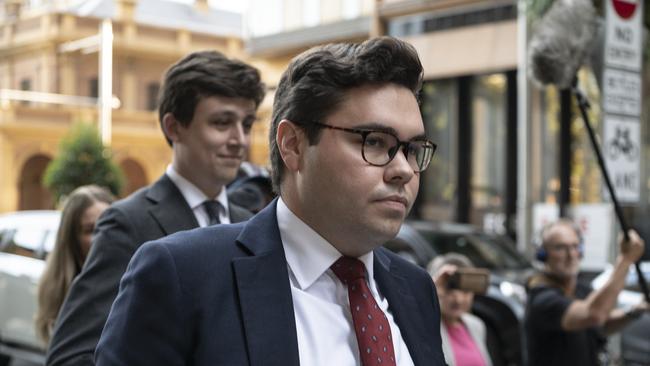
The lack of evidence to support Drumgold’s allegations of political interference by the then government must, invariably, lead us to ask why on earth the DPP made these claims.
Was he so determined to secure a successful conviction that he was willing to put these serious claims about political conspiracies to the jury without any evidence apart from Brittany Higgins’s claims? If so, why was the DPP so determined? What motivated him?
During the first week of the Sofronoff board of inquiry into the ACT’s criminal justice system, Drumgold admitted to many errors and misjudgments during his handling of the prosecution and trial of Lehrmann, as well as events after the mistrial.
He admitted to potentially misleading the court, and for paying insufficient attention to the presumption of innocence.
Political interference claim
It’s high time we turned the question of political interference in the prosecution of Lehrmann on its head and asked whether the DPP’s judgment was affected by the political whirlwinds that engulfed this national scandal.
These forces were amplified by the politics of the #MeToo movement, where advocates have given, and continue to give, short shrift to principles of due process, the presumption of innocence and a fair trial. That background is beyond question.
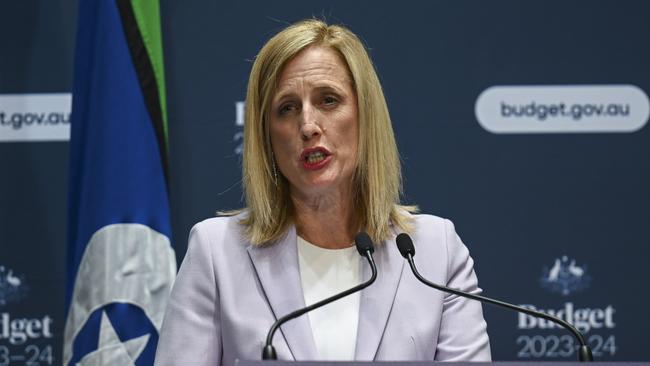
In opposition, Labor pursued the rape complaint for political purposes. It did so ruthlessly, day in and day out, especially targeting Linda Reynolds, Scott Morrison and even its own senator, Kimberley Kitching. The Australian understands that text messages between Higgins and her partner, David Sharaz, record their contact with Labor senator Katy Gallagher about the politics of using this rape allegation against the Coalition government.
Sharaz was also caught – during a recording for Higgins’s interview on The Project – mentioning the political timing and his good friend, understood to be Gallagher. The Australian understands that other messages between Higgins and Sharaz mention Higgins’s contact with Labor MP Tanya Plibersek. This was before Lehrmann being charged, raising the question of how far these potent political forces extended.
The pressures were so pervasive that Morrison apologised to Higgins in parliament, joining the media and political forces that daily undermined the principles that underpin our criminal justice system, including the presumption of innocence.
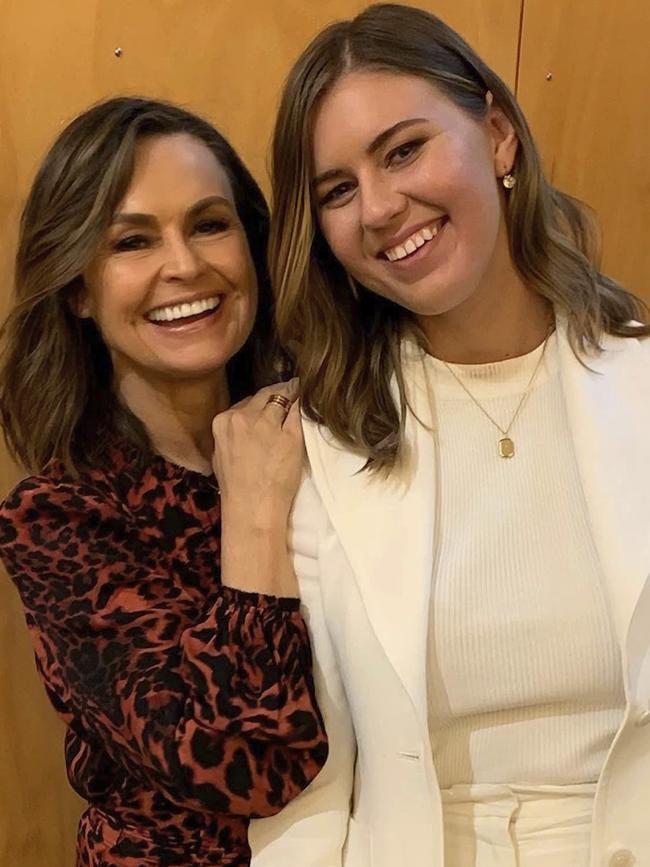
The question on many people’s minds is: Why did Drumgold make so many profound errors of judgment? Was Drumgold ill-suited to exercise the power and duties that attach to a DPP, a position where a person is entrusted with the solemn, careful task of administering justice?
Others may ask whether the roiling political forces, fuelled by federal Labor and the media, to weaponise a rape allegation also ensnared Drumgold in some way, affecting his judgment, from time to time, as minister of justice.
For example, did these political whirlwinds affect Drumgold’s judgment about prosecuting Lehrmann given grave concerns among senior AFP officers that there was not enough evidence to charge Lehrmann?
Brittany Higgins’ inconsistencies
Did these political forces affect Drumgold’s judgment when he made brief and dismissive comments to Lisa Wilkinson when she sought his advice about her Logies speech? Did those political forces affect Drumgold’s other decisions, including: when he told ACT Chief Justice Lucy McCallum that the section of a proofing note concerning his comments to Wilkinson were contemporaneous, and created by his junior solicitor, when he knew that neither of these things were true; when he decided to target Aaron Patrick’s book Ego, about Malcolm Turnbull, but not other media that mentioned the Higgins rape allegation; when he dismissed AFP concerns about Higgins’s inconsistencies; when he fought to keep police material from the defence; when he claimed privilege over a document even though he had not read it; when he provided wording to a junior solicitor that resulted in an affidavit used to oppose disclosure, that the DPP agreed last week had the potential to mislead McCallum?
The list goes on. Did the heated and impassioned political environment affect Drumgold’s decision to treat Fiona Brown, arguably the most important witness in the trial, so poorly that she wrote a letter of complaint to the Bar Association earlier this year, and has rejected his claims about her at the inquiry last week?
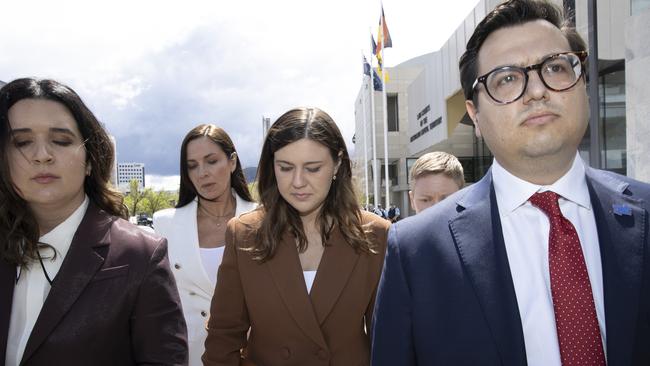
Did Labor’s weaponisation of this emerging national scandal play a part in Drumgold’s claim, put to the jury – with no evidence – that there were “strong political forces at play in the period immediately after the events, through the election and beyond” and that “from the evidence and actions of Senator Reynolds during this trial those same political forces were still a factor”?
In other words, did Drumgold behave, at times, more like a Labor politician than an objective and fair-minded minister of justice?
Did political forces play a part in Drumgold’s extraordinary and emotional letter to AFP boss Neil Gaughan in November last year alleging that police had undermined the prosecution and trial of Lehrmann, again with not a skerrick of evidence?
Did political influences come into play when Drumgold decided to release that letter to The Guardian, earning himself a media medal for the fastest Freedom of Information response – so fast that names were not redacted and people mentioned in the letter were not consulted, as required by FOI laws.
That was such a dodgy decision that the DPP admits in his inquiry statement that, following a report by the ACT Ombudsman, he apologised to the AFP and instituted a training course for his executives “including myself”.
Did political forces play a part in his highly controversial speech in early December last year when he praised Higgins when announcing he would not retry Lehrmann? In the inquiry he admitted he didn’t think enough about the impact of that statement on the defendant’s right to the presumption of innocence.
The #MeToo factor
What on earth explains the long list of rash and ill-conceived decisions by the DPP? Was it #MeToo zealotry? Did political pressures ensnare him? Incompetence?
Any mix of these possible factors is a dangerous concoction in the hands of a DPP who exercises the power and authority of the state against individual citizens.
The questions go on. Did any of these factors impair his directions to junior staff? Did the power imbalance between him and his staff lead to poor decision-making?
Did the DPP have any contact with Labor MPs, federally or in the ACT, about this scandal? If so, to what effect? If there was no direct communication, what role, if any, did Labor’s pursuit of the rape allegation for political purposes play in the DPP’s decisions?
One of the most important tasks for Walter Sofronoff KC will be determining the motivations of the DPP, especially when poor decisions were made. That means answering questions as to what role, if any, political forces played in the poor decisions by the DPP during this debacle.


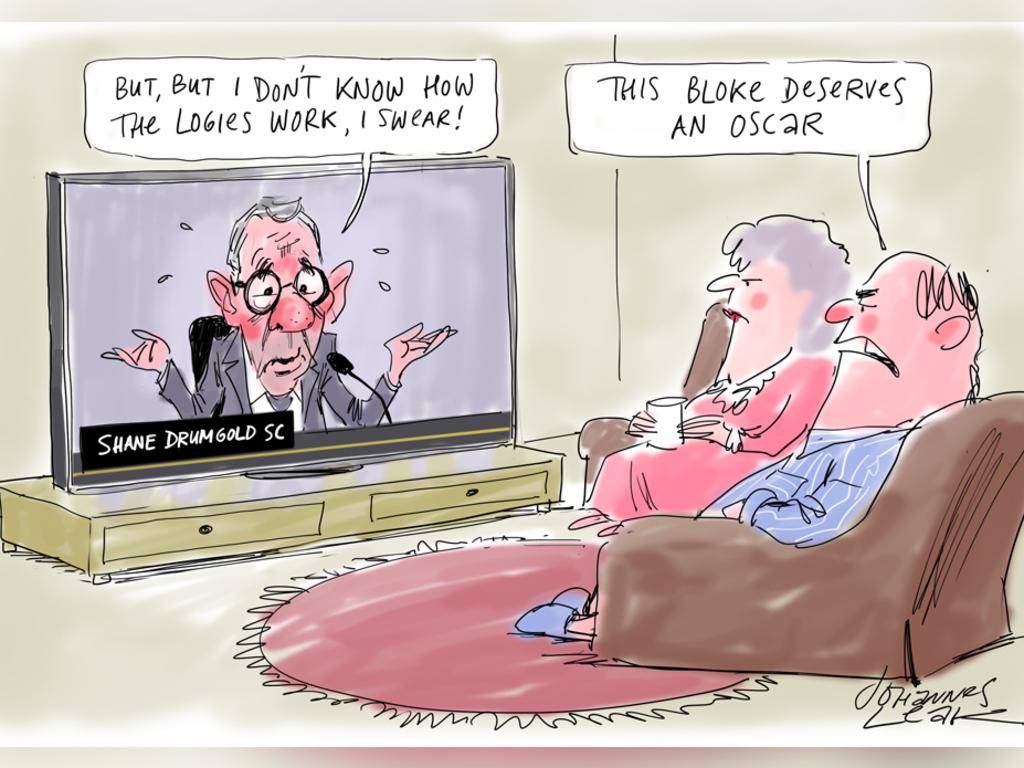
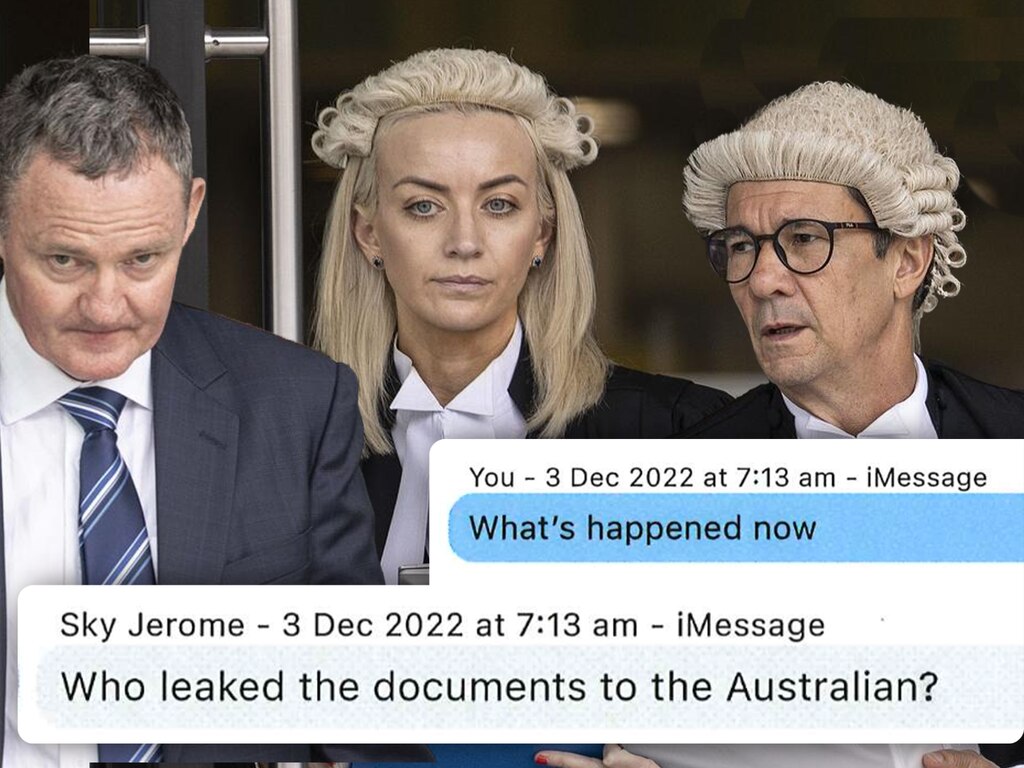

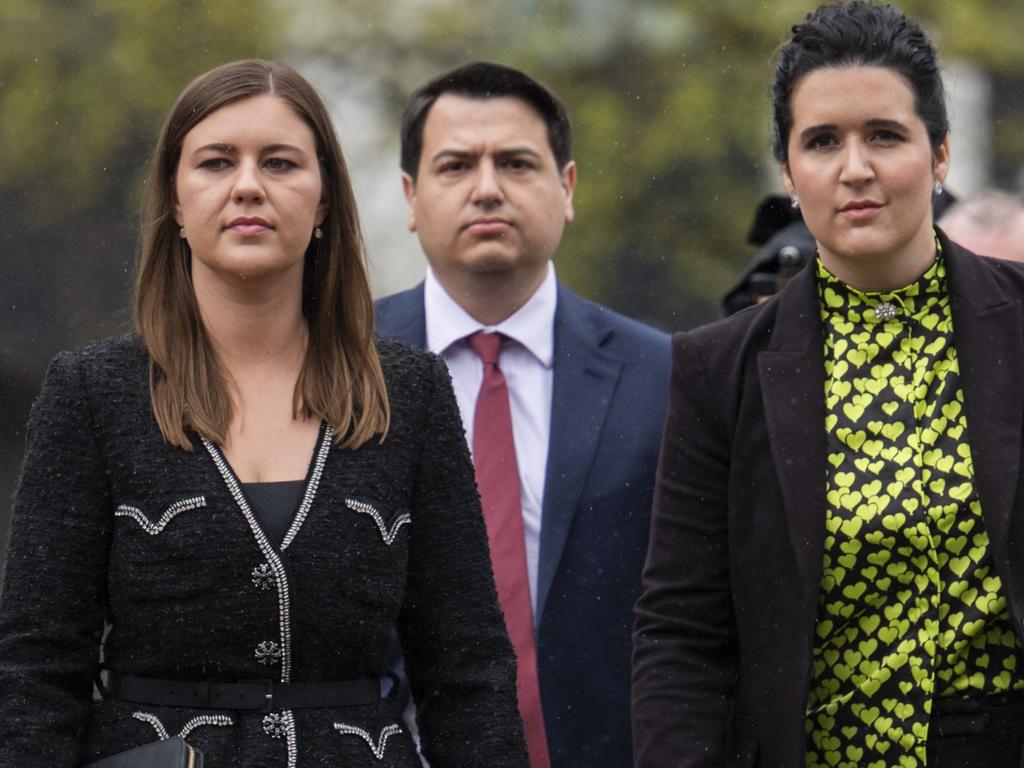

The ACT Director of Public Prosecutions has made some wild claims about political conspiracies between the Morrison government and the Australian Federal Police, between senior ministers and Bruce Lehrmann’s defence team, and between the AFP and defence lawyers.